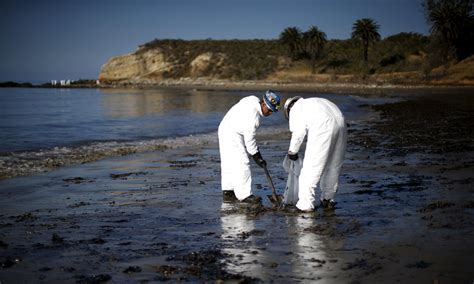Oando Responds to Bayelsa Oil Spills with Pipeline Repairs and Community Commitment
Ashton Routhier
Share
Port Harcourt, Nigeria — In the heart of Nigeria’s Niger Delta, Oando Plc has confirmed a series of four oil spills in Bayelsa State since taking over Nigeria Agip Oil Company (NAOC) assets in October 2024 — the latest contaminating the vital Nun River and surrounding farmlands in Southern Ijaw Local Government Area.
The May 3 incident, traced to a rupture near Oando’s Ogboinbiri flow station, has reignited concerns over aging oil infrastructure and its growing threat to the fragile ecosystems and rural livelihoods that define the Delta region. The affected site, a key node supplying crude to the Brass export terminal, sits at the intersection of industrial activity and traditional farming and fishing communities.
In a statement issued this week, Oando’s General Manager of Human Resources and Business Support, Mrs. Alero Balogun, acknowledged the company’s operational challenges while underscoring its swift response and long-term commitment to improvement.
“Since October 2024, four operational spills have occurred. For each, we immediately activated our emergency protocols,” said Balogun. “This includes shutting down the impacted wells, halting crude flow, and deploying containment materials to prevent further spread.”
Repairs have since been completed, and Oando says it has now launched targeted infrastructure upgrades — replacing aging pipeline sections to address vulnerabilities across its Bayelsa operations.
Each spill triggered a Joint Investigation Visit (JIV) in collaboration with federal and state agencies, including NOSDRA and the Bayelsa State Ministry of Environment, along with community representatives from Ogboinbiri. The transparent approach, Oando says, reflects its commitment to not just regulatory compliance, but community trust.
Still, the latest spill has drawn concern from environmental advocates and local leaders who warn that repeated contamination events are pushing the Niger Delta closer to ecological tipping points. Beyond immediate disruption to fishing and agriculture, the long-term effects of oil seepage — on health, water quality, and soil fertility — remain a pressing worry.
Oando’s leadership acknowledges the gravity of these concerns.
“We are not only addressing the incidents, but we’re also looking ahead,” Balogun said. “We are committed to minimizing environmental impacts and fostering real, lasting partnerships with our host communities.”
As Nigeria continues to navigate the balance between energy production and environmental protection, the Bayelsa spills highlight a broader industry need for stronger maintenance standards, modernized infrastructure, and proactive environmental stewardship.
For communities along the Nun River and beyond, the message is clear: rapid containment is no substitute for long-term prevention. And for Oando, the road ahead requires not just repairs, but renewal — of equipment, policies, and public trust.
